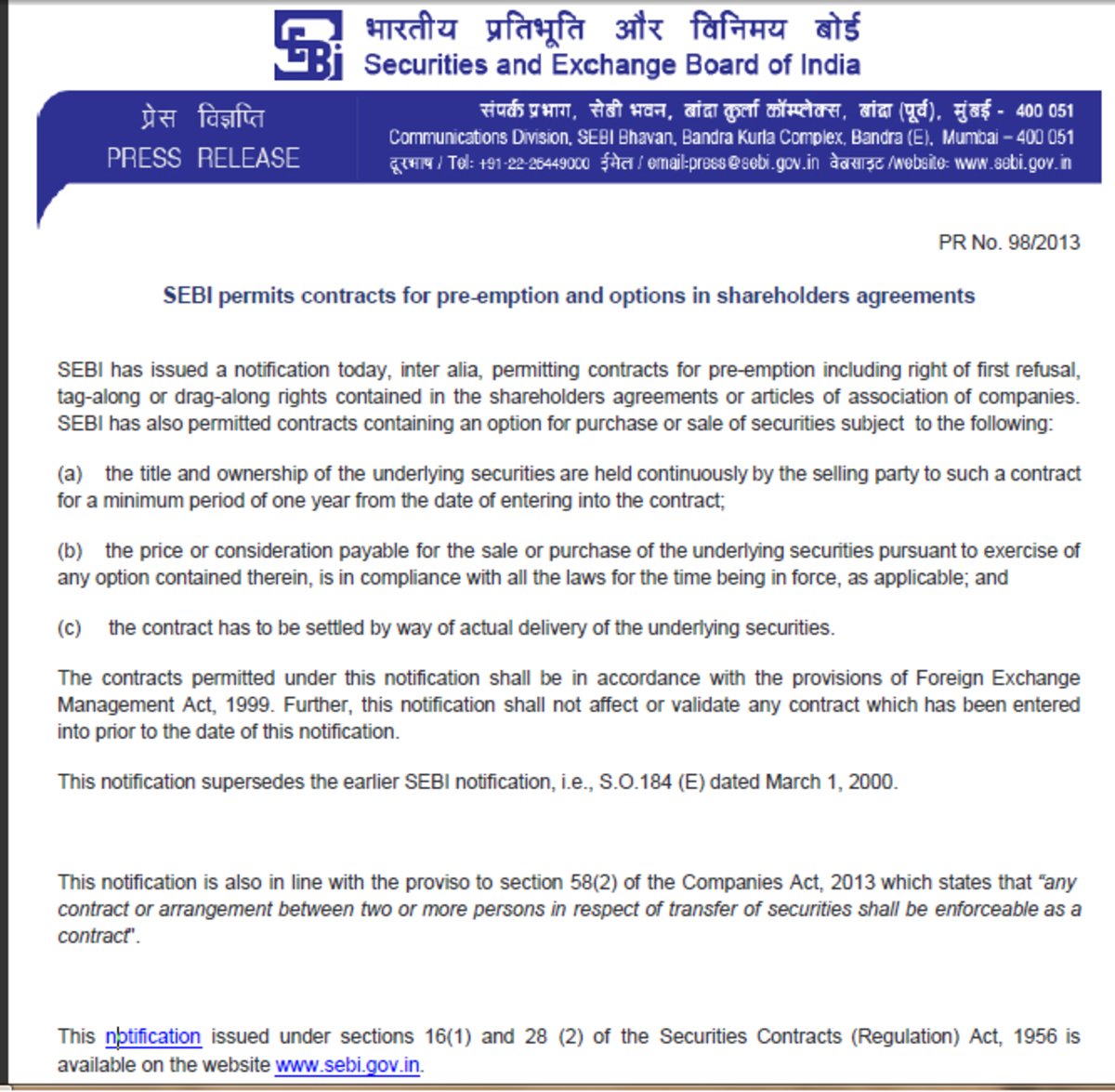What is a Private Equity Firm?

Understanding Private Equity
In recent months as we close out the political season of 2012 there has been much discussion of the career of Gov Romney and his work at Bain Capital in the business of private equity investing. It is not uncommon during an election for either party to misrepresent the track record of a candidate. Yet in this case an entire industry seems to be demonized in such a way that it is a great disservice to the American public and their understanding of the important role this industry plays. So let’s take a closer look at the private equity industry.
So What is Private Equity ???
In many ways a private equity firm is like a mutual fund that most all Americans own at one time or another to pool risk for the purpose of investing towards retirement or some other goal. However, in the arena of private equity a firm will typically invest in numerous ventures that are not publicly traded on an exchange like the New York Stock Exchange. They can invest in non-public/private enterprises. There are several basic strategies that private firms tend to engage in.
Venture Capital
Venture capital is a very broad term. The simplest explanation is they make investments in new ideas. Sometimes these are existing companies that wish to expand, yet aren’t mature enough to engage an investment banking firm to take them public to raise capital at such an early stage of development. They essentially need someone with vision and a willingness to take a risk on a new venture with their own capital and that of their investors. In some cases these are brand new ideas with an un-established business entity that may simply have a good idea. There have been many brilliant entrepreneurs over the years with wonderful ideas that simply didn’t have the business acumen to start a company. In many cases, what they have in terms of creativity they lack in other areas. Sometimes they just don’t have the necessary connections to raise sufficient capital. The reality is that most start up businesses are not profitable for some time. As such they often require large amounts of start-up capital. Without private equity firms, many of these new ideas would never come to market.
Growth Capital
Growth capital is a stage of investing in which firms invest in existing more established business entities that are in some cases looking to expand operations, yet don’t want to go public and lose control over a large portion of the company and be responsible to shorter term earnings goals to appease analyst and shareholders to move the stock forward in a more public market. Sometimes there interest is to expand through acquiring other competitors. In either case they often need capital investments to grow. The role of private equity in such cases is to evaluate and potentially make such an investment for a minority stake in the company without having to take over the day to day operations.
Leveraged Buyout
This is the strategy in which a private equity firm may acquire a business, business unit or assets of another company through the use of financial leverage. They often borrow funds in a non-recourse loan to protect the assets of other investments they have made. The reason is you would not wish to see one failure disrupt numerous other potentially viable business ventures. Additionally this further protects the investors from catosrophic losses. In order to complete such a transaction and make substantial investment with far less of a capital commitment. This requires financing from other lenders and hence makes the process is more complex, since you need to convince another party of the benefits of the transaction. This also presents the opportunity for a greater return on your investment as there is a smaller commitment to the venture.
Distressed Companies
This is a broad category and one that is greatly politicized by political pundits and candidates. The purpose of making an investment in a distressed company is that you believe as the investment firm that there is at least some value in an otherwise “sinking ship”. There are a few basic approaches they take to investing.
One is the turnaround approach in which a private equity firm will finance through loans, capital investment or some combination of the two a failing company. The purpose is to give a company that may be going through a difficult period the opportunity to survive with a cash infusion. In such cases the firm believes there is likely already a strong business plan in place and there is not necessarily a strong need to take over the operations of the company and completely replace management.
Then there is the distressed takeover approach. In such cases a company is likely about to go bankrupt and potentially out of business entirely. When a bankruptcy is believed inevitable, the firm may loan the company substantial assets as a creditor in the hope that after they emerge from bankruptcy the private equity firm will be rewarded with a significant stake in the restructured entity. The reason for this is as creditors they will be higher up in the capital structure. Creditors are often compensated by company stock in a restucturing with common stock to replace the loss of the money that was lent as he debt issuer. This new ownership stake allows them to rebuild a company from the bottom up without the heavy debt burden that they were previously under. Many Americans fail to realize that bankruptcy does not necessarily mean that a company vanishes. Countless companies have gone through organized bankruptcies and emerged much stronger and productive in the long term. One such example is K-mart. They entered an restructuring in 2001 / 2002 and went on to acquire Sears.
At times the private equity firm will make a direct capital investment into a failing entity for the purpose of outright ownership. The goal here is again that they see some value somewhere. At times the company may be failing because of poor management and the firm may replace the executive leadership team with more competent leadership. In some cases the business entity is simply not viable and can’t exist anymore. It could be a completely antiquated industry providing a product or service that nobody wants anymore. Yet even in such situations there may assets the company has that are of value. Possibly real estate or equipment that make the company worth the investment at the right price. What’s important to note is that in many cases these companies are going out of business either way. For example...The creation of the internet has done irreversible harm to the print industry. Should a private equity firm buy out a small news organization built around the print business for the value of the underlying real estate they own, they may be enhancing value for the shareholders of the company by simply speeding up the process and realizing a better price for the assets in a liquidation. That does not mean the newspaper was put out of business by the private equity firm. The internet was the cause of the decline in print.
Many people often look at this topic emotionally and note that they are somehow profiting off of the misery of those individuals who may have lost their jobs. Yet there jobs were already lost. The companies shareholders would not allow themsevles to be acquired unless they were distressed to begin with. If the business entity was long term viable, the private equity firm would be foolish not to try to save it, since they own it. If it isn’t viable they are simply enhancing shareholder value by profiting from the inevitable. At times there are jobs that are sent off shore because the company would simply fail with the higher labor costs in the US. The reason for the higher labor costs are various issues that are an entirely different topic. But many of the jobs that are offshored are done so to save what can be saved here in the US for shareholders and preventing a company from simply vanishing.
But who are these shareholders ???
Most people assume they are a bunch of rich people sitting around laughing at some swank country club about the lives they destroyed for a profit. This is hardly the case. In fact it is true that investors in these private equity firms are typically required to be accredited investors of wealth. Yet they are not always individuals. In many cases they are pension funds for both private and public sector workers such as teachers and firemen. They are also often endowments of educational institutions.
Numerous companies have been positively impacted by the role of private equity firms. Just to name a few, private equity has played a role in forming or reforming names like the following:
US Foods
Sports Authority
David’s Bridal
HD Supply
Culligan
Staples
Toys R Us
Burlington Coat Factory
Gymboree
Remington Guns
The Weather Channel
Diversified Machine Inc
AMC Film Entertainment
Dr Pepper / 7-up Bottling
Dunkin Brands (Dunkin Donuts & Baskin Robbins Brands)
Green Earth Fuels
Heritage Health Systems
Illinois Central School Bus Company
NBTY
Sally Beauty Holdings
ServiceMaster (Terminex, TruGreen, Homeshield & Merry Maids)
The value created by these firms is passed on to us all in one way or another. While not every investment they make is going to go according to plan and be a success, who’s does ??? According to the Small Business Administration 50% of new enterprises fail in the first 5 years. Yet without these firms a great deal of the innovations, product and services that we all enjoy would never come to market. They are a key player in the capital formation process that makes our marketplace work. And those in the political world would be wise to embrace the willingness of anyone to invest in a new idea or raise capital to save a dying, yet potentially salvageable business.
Suggested Reading
- Preparing For The Tax Law Changes In 2013
The topic of taxes is always one which is greatly debated from both a political as well as an economic perspective. Regardless of one’s political persuasion on such issues, one constant always remains the same. We each do all that we can to avoid... - Life Insurance: What You Need to Know
The question of what type of life insurance is most suitable, typically has to do with factors pertaining to an individuals net worth. The first thing one should keep in mind in all forms of insurance is that insurance is a contract of indemnity.... - Passive vs Active Management…The Case for ETF’s
There has been an ongoing debate for decades about the benefits of actively managed mutual funds versus their passive counterparts. Those counterparts would be the exchange traded fund market (ETF’s) as well as traditional index funds. Those in... - Should I Buy An Umbrella Policy ???
At times it can seem terribly overwhelming for many of us when it comes to purchasing insurance. There are so many policies to consider. We must decide on health, life, long term/short term disability, long term care, homeowners and auto insurance... - What should your Financial Advisor ask you ???
Often we read articles & commentary about what to ask your financial advisor. But what should your financial advisor be asking you. Often times that alone can tell you whether or not you are engaged in a financial advisory relationship that is in - Active Fund Managers...Another Poor Showing
Earlier this year the S&P released its most recent SPIVA scorecard found here http://www.standardandpoors.com/indices/spiva/en/us This is a scorecard that tracks the success of mutual fund manager relative to their corresponding benchmarks. Not.. - Should I Pay off My Mortgage Early ???
For many Americans, the ability to pay down their mortgage sooner is simply not realistic. However in some cases it is quite possible. The Question of whether or not you should accelerate mortgage payments or use liquid cash to eliminate the... - Understanding Convertible Bonds
The convertible bond market is in a sense an asset class all to itself as a result of its hybrid nature. A convertible bond is essentially a bond issued by a corporation that allows the investor who holds the instrument to convert the bond to stock.. - Understanding High Yield Bonds
The high yield fixed income market, also known as “junk bonds” is often one of the most misunderstood asset classes by the average investor. In recent years with interest rates at historically low levels, many investors have attempted to look at... - Can The Government Create Jobs ???
The debate over whether gov’t can or should be attempting to create jobs is an interesting one. Those from all walks of economic theory have attempted to examine this from many different perspectives. Let’s first look at whether or not gov’t...









